Taking on Tolerance: Millennials changing views on religion
December 13, 2016
Millennials and Generation Z have grown up in the fastest period of change the world has seen. When teenagers have questions it is likely they will turn to Google rather than their parents. Between news feeds flooded with current events and the fact that our lives are documented in 10 second videos and somewhere along the way religion got pushed to the back burner.
According to a study done by Pew Research Center, between 2007 and 2014, Christianity in the United States dropped over 7 percent, the largest fall in U.S. history to date. While Judaism, Islam and other world faiths collectively increased by 1.2 percent
According to a recent Bucs’ Blade poll of over 650 students, 73 percent have religious parents while 70 percent claim to follow a religion. While this is only a three percent difference, some local churches have noticed the absence of the age group.
“A regular church kid goes to church maybe once or twice a month,” Mast said. “Whereas when I was growing up and my older nieces and nephews were growing up, we would have to go every week.”
However, in a highly Christian area such as Grand Haven, this may not be the case. Churches are not shutting down, students are still attending youth groups and other religious organizations are still up and running. Many young people simply put less importance on religious beliefs than generations before.
“Passiveness comes by example,” said Sandy Mast, high school ministry director at Covenant Life Church. “There is less push from parents to get their kids to come [to youth group].”
While many parents will still encourage their kids to participate in a church or youth group, what Mast has noticed is the decreased accountability for involvement, and for students like senior Sage Horan, religion has never been something to even think about.
“My mom grew up in a very religious family,” Horan said. “So she never wanted to force it on us. I would consider myself a Christian, but I don’t really practice or anything.”
That being said, the Bucs’ Blade poll indicates, 33.5 percent of students say they, much like Horan have developed their religious views on their own.
People will argue both for and against the fact that more millennials are finding their own way when it comes to faith, this has led to an increase of people who identify as part of but do not practice their religion. This idea is explored in author, minister and Princeton Theological Seminary professor Kenda Creasy Dean’s book “Almost Christian”. In a 2010 interview with CNN she explains how teens are viewing God as more of a therapist than anything else.
From talking to a table of senior girls at lunch, this appeared to be the case. For them, focusing on faith has never been something to give much thought to. Most of them were just identifying because they want to go someplace good when they die.
There is still a population of teens though who are very religious and place it on the top of the priorities list. Even though senior Abby Reyenga, grew up with a family in ministry and her dad running an online seminary, she still is very involved in her church, by her own choice.
“There was never really a time when I didn’t want too be involved,” Reyenga said. “I want to be able to take over and become the president of my dad’s company so I’m going to seminary.”
Looking at someone like Reyenga and then someone like Horan the difference in family religious values are either highly important or totally neutral. While neither is right or wrong, the reason for the trend becomes clearer, parents do not want to force their kids to believe something.
“I never felt forced,” Reyenga said. “I always wanted to go to church, and I realize that that is abnormal with how culture is but, even if it means I don’t get to sleep in, I love going.”

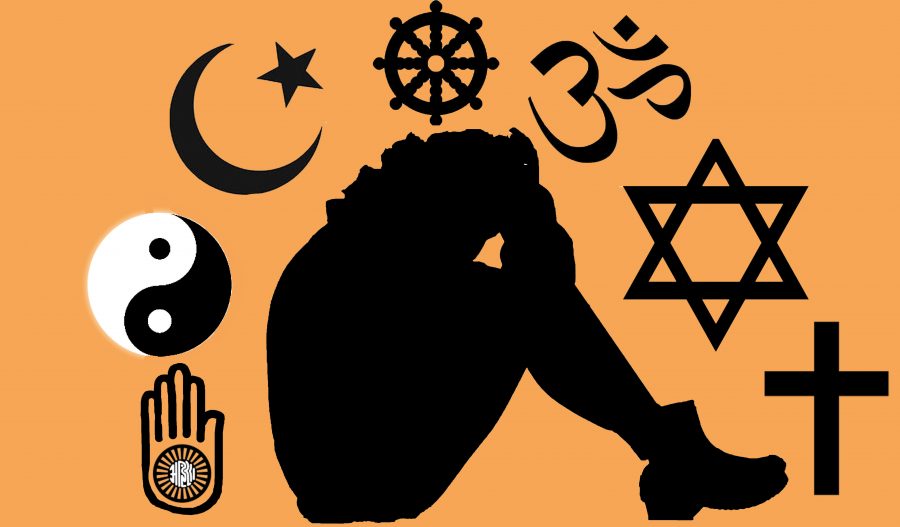
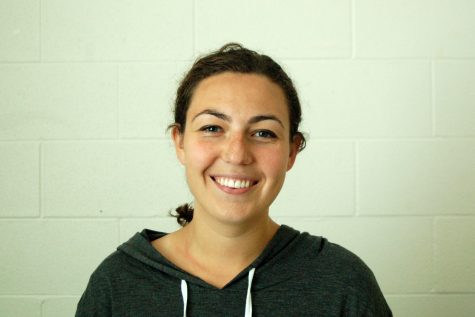
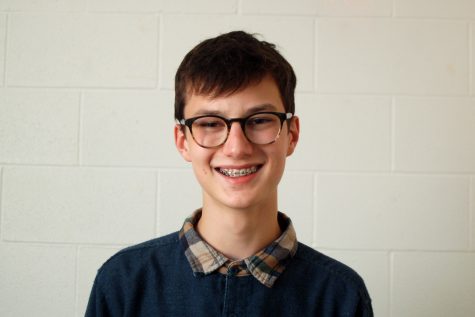

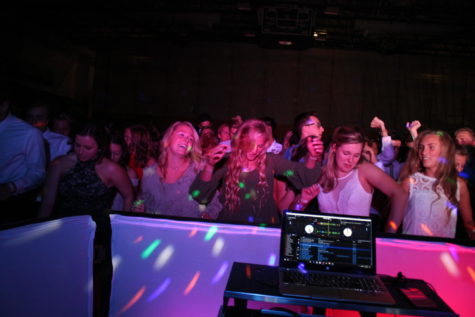
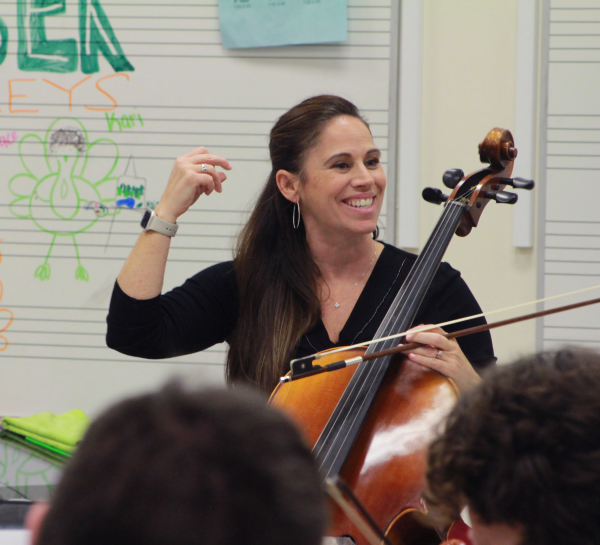
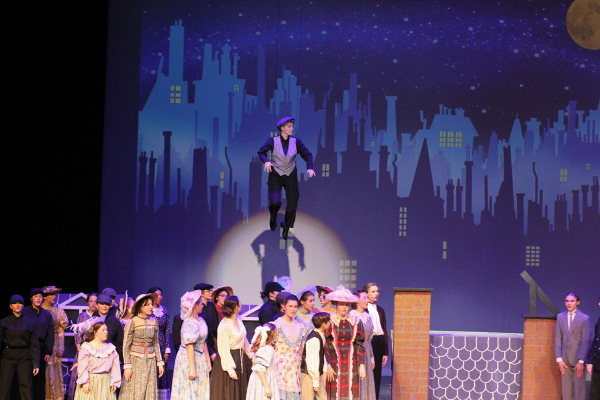

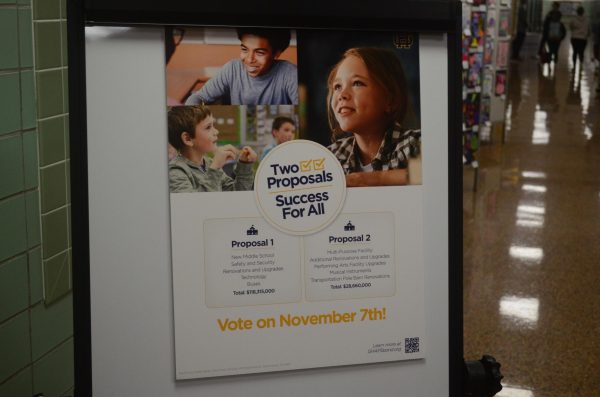



Mystique Madanmohan • Jul 6, 2021 at 2:03 am
A new religion should be created combining all the good points of all the world religions.